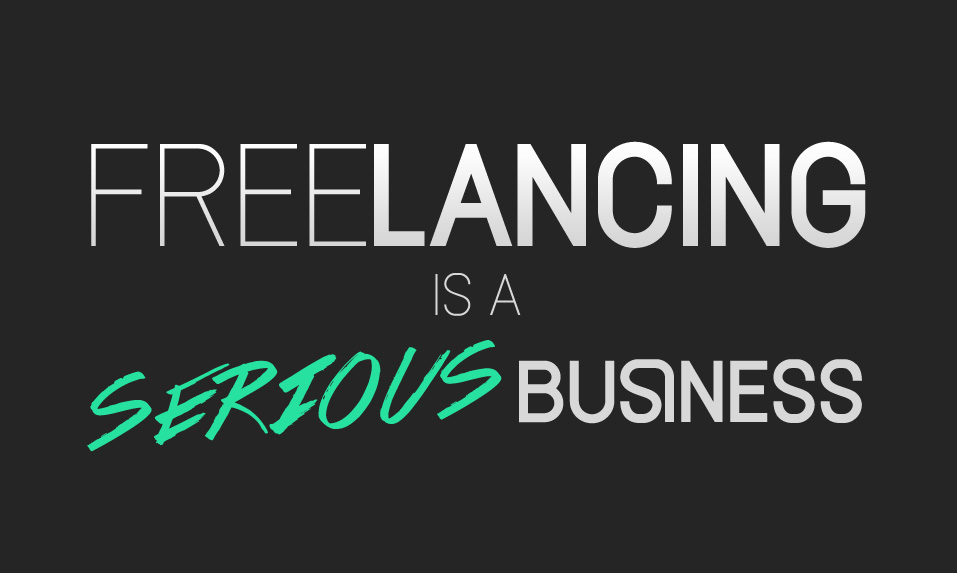Last Saturday, I sat down to accomplish what I thought would be a simple and straightforward task: picking my business card. But instead of taking the one or two hours I thought it would, I agonized about it all weekend, dragging friends and my husband to peer at my designs; even, in a desperate moment, trying to get my preschooler to weigh in. In the end, I’m satisfied with the design and format I chose, but I can’t stop thinking about it.
What are the elements of a good business card for a freelance writer? Your name should be on it, of course, along with your email address, website address and telephone number. But beyond that? There are worlds of opinions. Most freelancers agree that today’s business card should be creative,. Forget about those standard white cards with your name, title and coordinates -- bright colors, patterns and designs are the way to go these days, as are cards with vertical orientation. After that, consensus goes awry. Here are some of the issues.
1. Your title. What should a freelance writer call his or herself? “Writer” isn’t specific enough, as it doesn’t tell people what kind of writing you do. For some, “freelance writer” is acceptable, but others say that it’s still not detailed enough – you need to say “business writer” or “travel writer” and so on. And if you’re an editor or proofreader in addition to writer? You need to have that on there too.
My take: If you can be specific as “travel writer” and “business writer” and those are the only markets you’re targeting, then go for it. But if you’re like me and can’t, or don’t, want to define yourself so narrowly, I say stick with “Freelance Writer” or “Writer & Editor” and so forth. There are other areas on your card to indicate what your business is about.
2. A description of services. Some writers swear that it is essential to list your areas of specialization on your card. For example, on the back of your card you might have a bullet point list noting that you specialize in press releases, brochures, white papers and other marketing materials.
My take: It’s a fine idea but it carries the risk of cluttering your card. My eyes glazed over at some of the examples I saw. The business cards were so crowded with information that I could barely find the name of the person whose card it was. In my view, the card should just be an initial enticement to get potential clients to look at your site. It doesn’t have to be a mini-version of your site.
3. A tagline. Many writers add a short text summing up their abilities or the service they offer.
My take: Again, it’s a great idea, if you have a gripping tagline. If you have a hum-drum tag, you might as well have none. But a really good tagline can make people sit up and take notice. One of the best taglines I've come across was that of freelance writer Susan Johnston, author of the Urban Muse blog. Her tag? Clear. Creative. Compelling. I loved that. Those three words gave me a nice little preview of Susan Johnston’s style and what she could offer a client. Of course, it completely ruined me for coming up with a brilliant tagline of my own. I kept thinking: “I know! Clear…Creative…oh, wait.” Rather than forcing the issue, I opted to go tag-less, for now. Business cards are fairly inexpensive. If a dazzling line comes to me, then I’ll simply order new ones.
4. Your address. For privacy reasons, some freelancers don’t put their address on their business cards, giving only email, phone numbers and the like. Others give only city and state (and country).
My take: I suppose it could be risky – but, for heaven’s sake, these days just giving your name to someone enables them to find out all kinds of personal information about you. Since I’m marketing my services internationally, I felt that having an address grounded my business…and explained why my telephone number is a foreign one. I could be persuaded of the folly of this.
There are countless other issues to consider: should you include a Twitter handle? Your Skype phone number? A photo of yourself? A logo? The list goes on…
Personally, I feel that less is more. As writers, it’s important to know how to deliver effective messages concisely – and our business cards should reflect that. If your budget allows, get a second business card that offers a slightly different slant, so that you don’t have to cover all your bases in one shot.
In the end, I don't know if my business card is perfect, but I do know this: having a less-than-perfect business card is better than having no card at all. If you don't yet have a business card, check out the following printing sites:
Vista Print – This site offers free business cards – you only pay for shipping. It must be popular with many freelance writers as several blogs that I've read mention it.
Zazzle – I ordered my cards at this site. I really liked that you can customize your own design. The cards haven’t been delivered yet, so I can’t speak to their quality.
What do you think a freelance writer’s business card should include?
